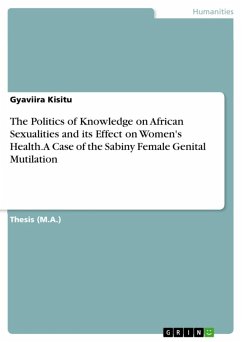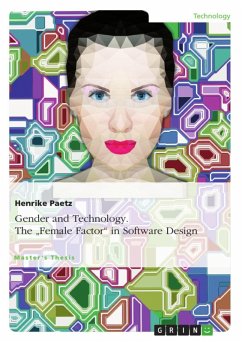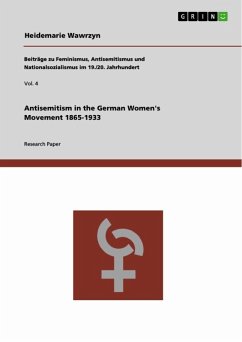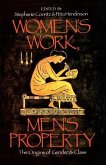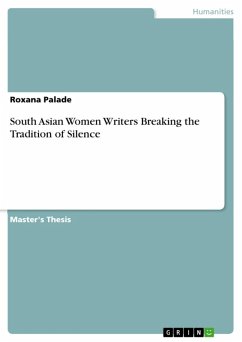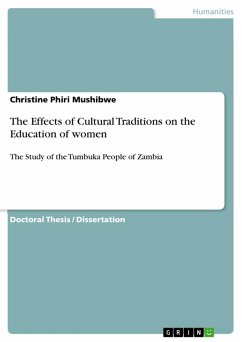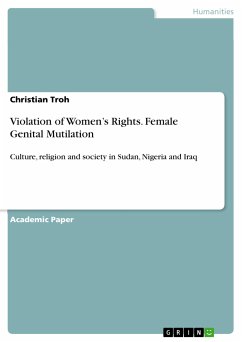Thesis (M.A.) from the year 2015 in the subject Gender Studies, University of KwaZulu-Natal, course: Masters, language: English, abstract: The purpose of this study was to understand 'What knowledge matters', and 'Whose knowledge matters' in the study of African sexuality and in particular female genital circumcision. The Sabiny peoples of Uganda practice the tradition of wonsetapkoruk or wosho as a rite of initiation for girls. This practice is elsewhere understood as female genital cutting, female genital circumcision or female genital mutilation. Discussions on African sexuality and female genital circumcision have taken either a Western perspective or an African point of view. Since the practice is understood differently, the values attached to it differ as a consequence of the wide range of opinions. In certain ways it is considered as a determinant of who has a normal sexuality or a normal body; distinguishes girls from women; confers true femininity as opposed to masculinity. Amidst these discussions, the aspect of women's health is peripheral and marginalized. Instead discussions seem to be limited by issues of language, naming, and standpoints by which various bodies of knowledge argue their different positions. Communication between the various sides of the debate is also minimal. Despite the claims that female genital circumcision is harmful to women's health attempts to eradicate it are faced by resistances. Through an African feminist approach to the politics of knowledge on African sexualities, in this study I argue that the discourses on African sexualities and in particular those on female genital circumcision affect the understanding of women's health. Second, the different approaches employed in the discussions of female genital circumcision evaluate the practice using different scales of values which affect the understanding of health through what they neglect or take for granted.
Dieser Download kann aus rechtlichen Gründen nur mit Rechnungsadresse in A, B, BG, CY, CZ, D, DK, EW, E, FIN, F, GR, HR, H, IRL, I, LT, L, LR, M, NL, PL, P, R, S, SLO, SK ausgeliefert werden.

